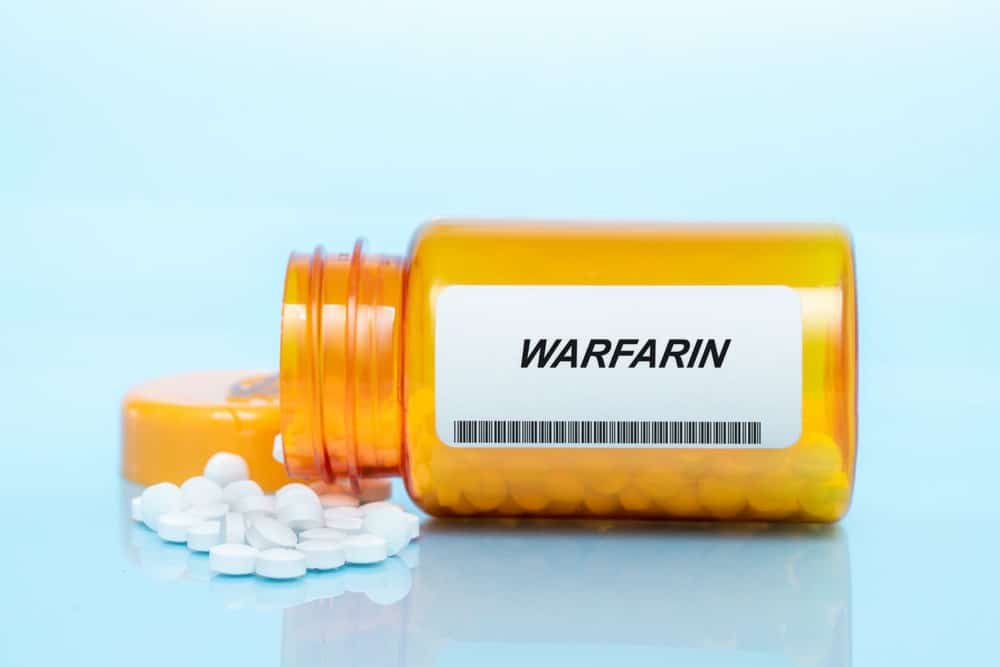Vitamin K Guidelines For Warfarin

A prothrombin time test is used to measure how quickly the blood clots. People taking blood thinners will have their results expressed as an international normalised ratio (INR). An INR that is too low can increase the risk of clotting, while an INR that is too high can increase the risk of bleeding. Warfarin can increase the INR, while Vitamin K can decrease it. Generally, doctors will aim to keep the INR at a level between 2 and 3, although it can range from 2.5 to 3.5 in more extreme cases. It is important to regularly monitor your PT/INR levels and to take the same amount of Warfarin at the same time each day. Additionally, it is important to maintain a consistent intake of Vitamin K, as the doctor will be balancing your Warfarin dosage with the amount of Vitamin K you typically consume.
The amount of vitamin K you should eat depends on your dosage of Warfarin, but in general, you should limit your intake. Try not to exceed one serving of food containing 200-600% of the Daily Value (DV) of vitamin K, and no more than three servings of food with 60-200% DV. Additionally, you should limit or avoid alcohol, cranberries, cranberry juice, grapefruit, grapefruit juice, and green tea to reduce the risk of bleeding. If you take CoQ10, talk to your doctor first as it can affect the effectiveness of Warfarin. Furthermore, many natural supplements can also alter PT/INR levels, so it’s best to avoid them unless your doctor advises otherwise. These supplements include arnica, bilberry, butcher’s broom, cat’s claw, dong quai, feverfew, forskolin, garlic, ginger, gingko, horse chestnut, insositol hexaphosphate, licorice, melilot (sweet clover), pau d’arco, red clover, St. John’s wort, sweet woodruff, turmeric, willow bark, and wheat grass.
